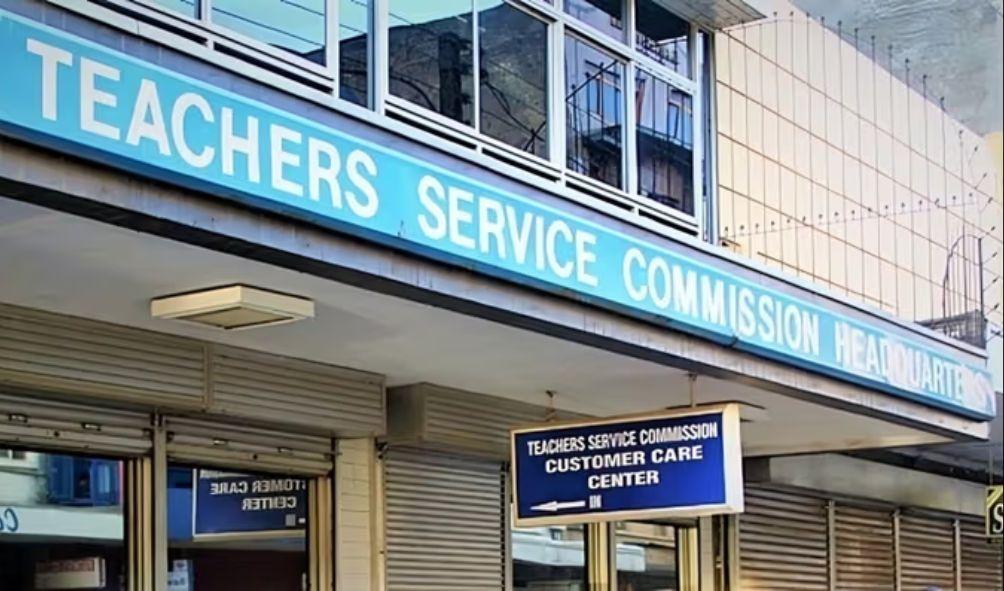Why TSC Might Fire a Teacher: 8 Key Reasons
The Teachers Service Commission (TSC) utilizes teacher interdiction as a disciplinary action when a teacher is accused of serious misconduct or offenses.
It’s crucial to understand that interdiction differs from dismissal; it represents a suspension to facilitate an investigation into the allegations made against the teacher.
Reasons for Teacher Interdiction
The TSC may decide to interdict a teacher based on several factors:
- Desertion of Duty: A teacher may be interdicted if absent from work for 14 consecutive days without written authorization. This could result from not applying for sick leave, failing to return after study leave, or ignoring posting instructions.
- Chronic Absenteeism: Continuous unapproved absences can lead to interdiction. Evidence may include casualty returns, official correspondence, and attendance records.
- Criminal Convictions: Teachers convicted of criminal offenses such as theft, assault, or sexual misconduct may face interdiction proceedings initiated by the TSC.
ALSO READ:
- “Two Groups, One Agenda”: Gachagua Accuses Raila of Secret Political Deals
- Exclusive: Ida Odinga’s 75th Birthday Party in Karen (Photos)
- FKF President Discloses Exact Amount Paid to Harambee Stars Players
- Gachagua’s Ally Senator John Methu Admits Ruto Might Win 2027 Elections
- Maraga Explains Why He Hasn’t Campaigned in Kisii Despite 2027 Bid
- Immoral Behaviour: Teachers engaged in inappropriate sexual activities or relationships with learners, even with consent, are subject to interdiction. This includes activities like sodomy, lesbianism, and sexual harassment.
- Neglect of Duty: Interdiction may occur if a teacher neglects their professional responsibilities, such as delivering scheduled lessons, preparing necessary documents, or overseeing exams.
- Insubordination: A teacher who disregards official directives, fails to respond to supervisors or does not follow recruitment and posting guidelines may be interdicted.
- Infamous Conduct: Actions that violate professional ethics and damage the teaching profession’s reputation, such as public intoxication, fighting, or using offensive language, can lead to interdiction.
- Forgery and Fraud: Teachers involved in forgery, impersonation, or corrupt activities, including mismanagement of public funds, are also subject to interdiction.
The Discipline Procedure
When a teacher is suspected of misconduct, the disciplinary process starts with an investigation by the TSC County Director or the Board of Management. If the investigation indicates that the teacher has a case to answer, they receive an interdiction letter detailing the specific charges. The teacher must then vacate the institution within 48 hours.
Why TSC Might Fire a Teacher: 8 Key Reasons
